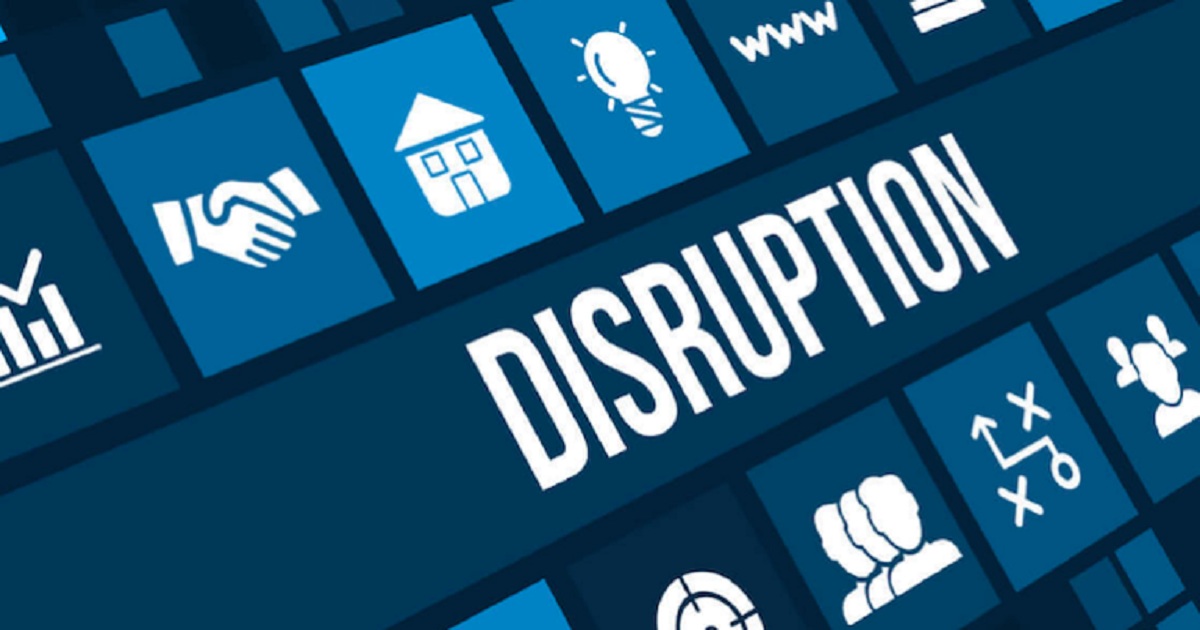Is your B2B business at risk of disruption? Here’s a four-point checklist.
B2B News Network | July 23, 2018

The rise of today’s fastest-growing global brands would have seemed improbable, perhaps even impossible, to anyone following the Fortune 500 just 15 years ago. Virtually overnight, Facebook and Amazon invaded and conquered established industries with a small fraction of the resources once deemed essential for survival. What’s the secret to their success? The answer lies in the power of their disruptive new business model the platform. In contrast to traditional pipelines businesses, with producers at one end and consumers at the other, platform businesses use technology to facilitate the exchange of goods, services and social currency in a more-or-less open ecosystem. In doing so, the platform lets users themselves create value for a firm. As author and consultant Tom Goodwin observed back in 2015: “Uber, the world’s largest taxi company, owns no vehicles. Facebook, the world’s most popular media owner, creates no content. Alibaba, the most valuable retailer, has no inventory. And Airbnb, the world’s largest accommodation provider, owns no real estate. Something interesting is happening.” What’s interesting is that platforms live or die by their ability to ignite powerful network effects, gaining value as more and more people use them. Smartphones neatly illustrate this phenomenon: notice how the value of an iPhone increases or decreases in proportion to the number of people who use and develop apps for them. Positive network effects help explain the explosive, non-linear growth of today’s leading platform businesses. Now, much has been said about the rise and power of platforms to transform consumer-facing industries (“Platform Revolution,” by Geoffrey Parker, Marshall Van Alstyne, and Sangeet Choudary is essential reading for anyone interested in the topic). But what about B2B businesses? Are they susceptible to the sort of platform disruption book publishers, hotels, taxi companies and retailers are facing? If so, what can B2B enterprises learn from the platform model to remain competitive in the future?